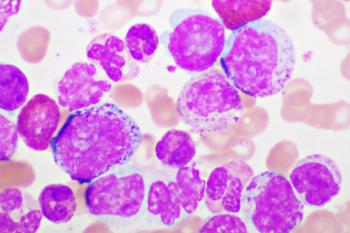
Asciminib demonstrated stronger efficacy, safety, and tolerability, as well as less adverse events in patients compared with those who received investigator-selected standard-of-care tyrosine kinase inhibitors.

Gillian McGovern is an editor at Pharmacy Times®. She graduated from Rowan University in 2023 with a BA in Writing Arts and concentrations in Publishing & Writing for the Public, Technical & Professional Writing, and Creative Writing.

Asciminib demonstrated stronger efficacy, safety, and tolerability, as well as less adverse events in patients compared with those who received investigator-selected standard-of-care tyrosine kinase inhibitors.
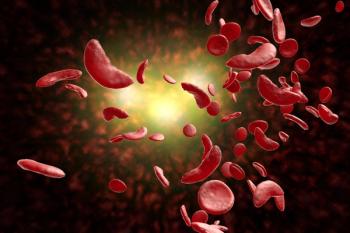
Patients with sickle cell disease with more than a 6-month delay transitioning from pediatric to adult care were about twice as likely to be hospitalized.

Women who received epidural analgesia during labor were less likely to experience severe maternal morbidity complications, such as heart attack or heart failure and sepsis.

The treatment is indicated for adult patients with tardive dyskinesia and Huntington disease chorea, with tablets now available in 4 different doses.
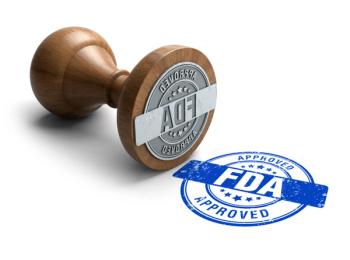
The treatment is the first liquid non-stimulant for attention deficit hyperactivity disorder to be approved in the United States.

The study estimates that over 40% of academic pulmonary and allergy providers have not adopted the Single Maintenance and Reliever Therapy combination method in their practices.

The authors note further research on technological monitoring methods can help health care providers better optimize patient care and improve nonadherence and nonpersistence.

The findings demonstrated that daytime heat waves were associated with approximately 19% higher odds of asthma-related hospitalizations in children.
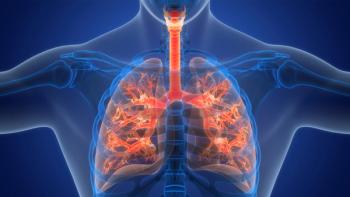
According to the investigators, these findings support the investigation of rilzabrutinib in patients with asthma in a phase 3 trial program.

Experts emphasize the importance of awareness when using social media and make suggestions on how to combat the spread of misinformation and conspiracy theories.

In 2014, the cobas human papillomavirus test was approved by the FDA for first-line, primary screening in women aged 25 years and older.

Despite the finding, the authors suggest further research is done to better understand the mechanisms behind the interactions between asthma, sleep, and depression.
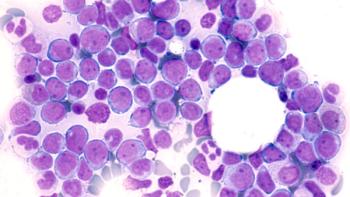
Researchers observed that patients aged 80 years and older with acute myeloid leukemia who were treated with venetoclax and a hypomethylating agent had prolonged overall survival.

Both MetS and obesity status have independent and differential associations with breast cancer, and may serve as separate targets for breast cancer prediction and prevention strategies.
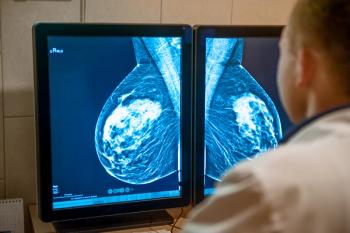
The study data demonstrate that higher adiposity in childhood results in less dense breast tissue forming, reducing the risk of breast cancer.
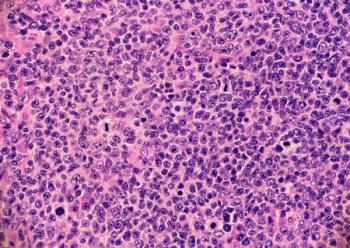
The indication is for adult patients who have received at least 2 prior lines of systemic therapy and is based on the response rate and duration of response shown in a phase 2 trial.

The continuation of tezepelumab showed stronger benefits after stopping treatment for 2 years and compared with placebo.
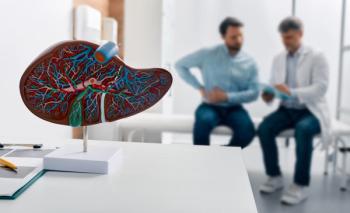
The authors note that the biomarkers found in the blood were involved in inflammatory processes, immune functions, or vascular processes, and may be pre-diagnostic indicators.

The authors note that this finding may have promise for use in assessing mental health conditions and improving patient outcomes.

Study investigators also found that dietary modifications were not associated in improving risks of certain chronic diseases and cancers.

The survey reported that approximately 65% of participants were concerned about their mental health, which is a 15% increase since 2020.

This is the first approval of an EB virus-related mRNA therapeutic cancer vaccine and is a landmark achievement in future research on cancer treatment.
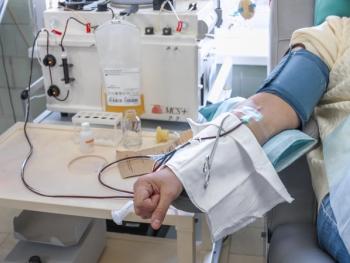
The Rika system uses an individualized nomogram to help determine the plasma collection volume that is needed for each individual donor.

A clinical pharmacist discusses his work in the mental health space while stressing the importance of advocating for and checking in with one another’s emotional well-being.
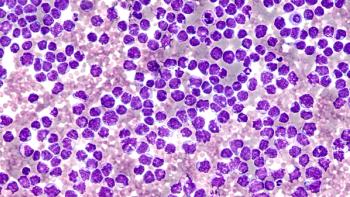
Compared with placebo, acalabrutinib plus standard of care chemoimmunotherapy demonstrated better progression-free survival in patients with mantle cell lymphoma.

The new administration method, which is co-formulated with rHuPH20, is usable in previous approved nivolumab indications for solid tumors in adult patients.

The authors emphasize that additional research addressing disparities and including race, age, and ethnicity should be conducted.

With these findings contributing to the understanding of neighborhood-level asthma risks, the authors note next steps can involve identifying and addressing disparities.

Compared with women who aren’t experiencing menopausal symptoms, women in the perimenopause stage were approximately 40% more likely to experience depressive symptoms.
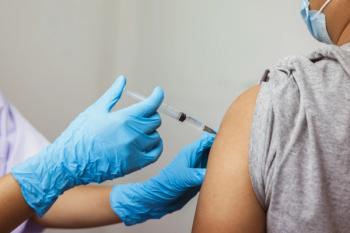
Additionally, undocumented Latinx patients were also more likely to have at least 1 prior COVID-19 infection.